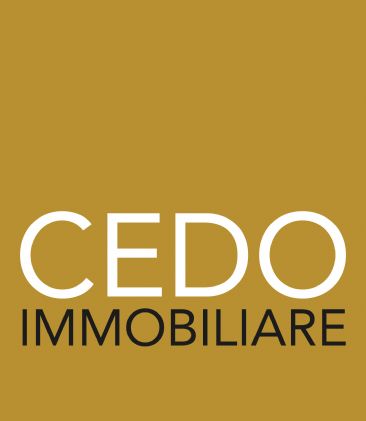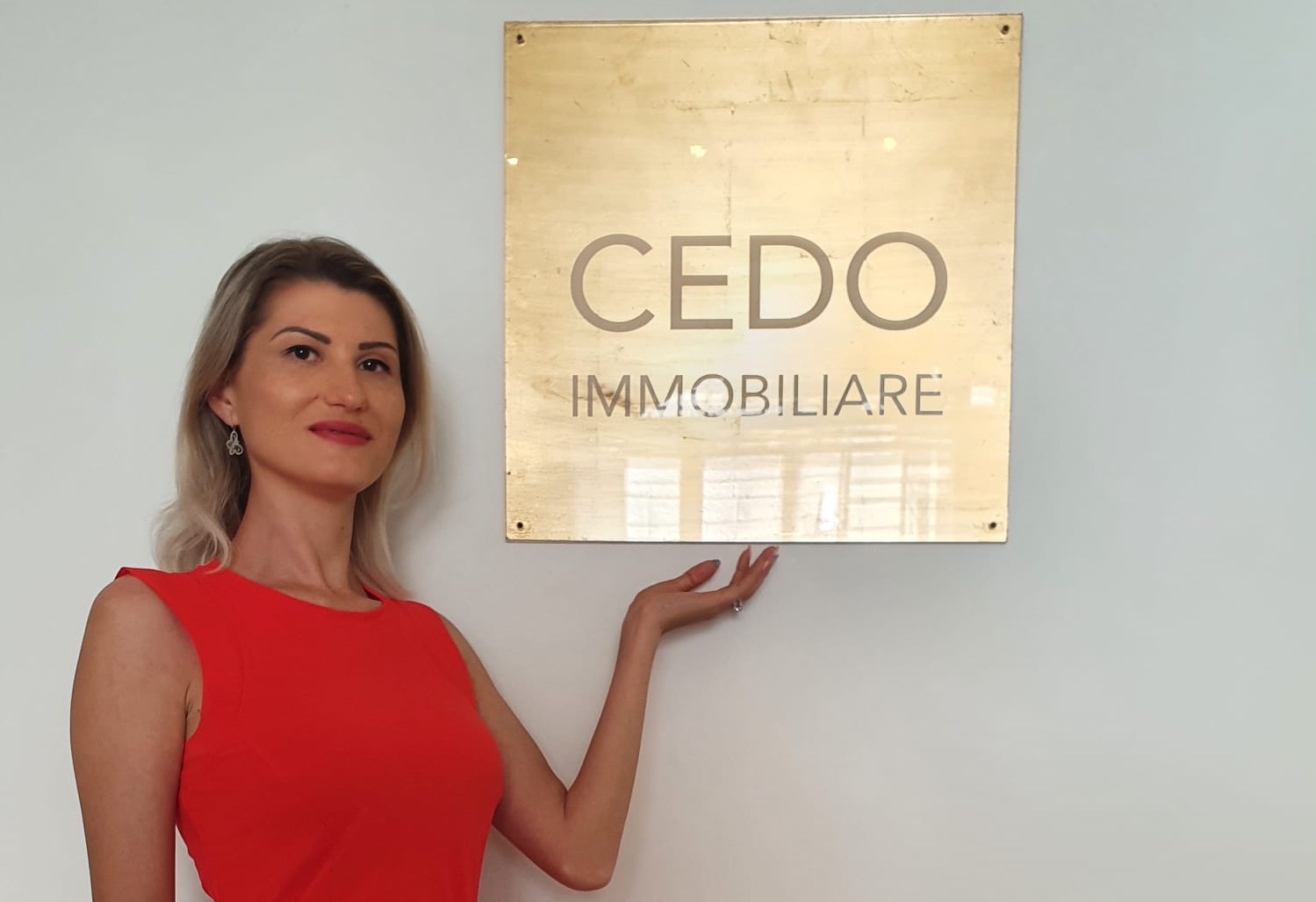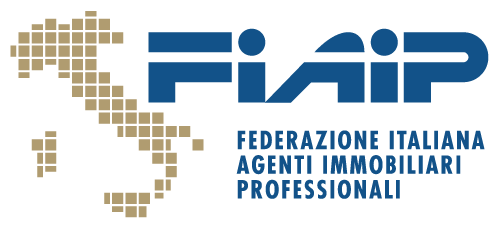The Italian real estate system is different from other countries, however is very secure and structured with safeguards for both the buyer and the seller. Title transfer is strictly governed by Italian Law and may be performed only by a public notary (notaio), who is a public officer and qualified professional. In Italy, you may only complete the purchase of a property in front of a Notaio.
Our agency Cedo Immobiliare will follow you throughout the entire buying process in an optimal way to avoid surprises.
This is our guide that will help you navigate the process.
Once you find your dream property in Italy, make a realistic and fair offer. Be sure that the property you’re going to make an offer on has all the deeds and paperwork in order, that there is a building certificate and there are no outstanding debts, costs or charges on it. In this we will help you.
To be able to buy a house in Italy you must have the:
FISCAL CODE (Codice Fiscale)
This is a personal Italian fiscal code, without which one cannot purchase a property or have a bank account in Italy. It can be applied for in person at a local Italian tax office, or by a third party with a copy of the person's passport.
The first step after finding your ideal house is to make a:
PURCHASE OFFER (Proposta d’Acquisto)
We complete the appropriate written offer document, incorporating all your conditions relating to the sale, which you have to sign. If you have already returned home, it is not a problem, as this stage can be carried out by email. Once the seller has also signed the document, you have to pay up to 10% of the sale price as a deposit to hem, which can be paid by bank transfer.
If the seller accepts your conditions (written acceptance), the parties will be bound to complete the sale as it has been established in the proposal. The seller receives your money, and this becomes your deposit on the property.
If the seller later decides not to sell to you, they will have to return the deposit to you; conversely, if you as a buyer decide not to go through with the transaction, you will lose this deposit.
When you make your offer to the seller, you must also decide on the dates by when you would like to sign:
THE PRELIMINARY CONTRACT OF SALE (Compromesso)
The "compromesso" is an agreement where both parties promise to conclude a future contract (notarial deed) and in which they record and expand upon all the terms of the proposed purchase.
In the compromesso the following information must be clearly stated - the identities of both parties, the cadastral data of the property, the cost and method of payments, and the date by which both parties agree to sign the final act (when the property officially becomes your own).
It must also be stated that the house will be sold without any outstanding debts, encumbrances or mortgages and is completely in order with town planning regulations.
A further payment (caparra) is made to the seller, usually around 20% of the total purchase price.
The estate agency fee is due to be paid when the compromesso has been signed. The estate agent fee is usually around 3% of the purchase price + 22% VAT.
Final act:
NOTARIAL DEED (Rogito Notarile)
This is the formal sale and purchase completion process, is the final stage and takes place before a notary with both parties present. The notary ensures all the necessary documentation is complete and accurate. At this point the buyer has to pay the remaining balance of the purchase price, as well as the taxes due on the purchase.
Main Taxes:
Buying a property when the seller is a private individual:
Registration tax 'Imposta di registro'
This is a cadastral tax levied at 2% of the cadastral value of the home if you are resident in Italy full time.
OR it's 9% of the cadastral value if this is your second home in Italy, or if you are non-resident.
In addition, there are 2 small taxes of 50 euros each to pay – imposte ipotecarie and catastali – which are a mortgage tax and stamp duty.
Cadastral values are always significantly lower than the current market value; this effectively results in a lower tax bill.
For example, a property being purchased for €1.5m might have a cadastral value of €300.000. So the tax paid will be either 2% or 9% of €300.000 rather than the full purchase price.
The minimum payment for registration tax €1.000. If your house is very low priced, and either 2 or 9% of the property’s value falls below this threshold, you will be charged a flat fee of €1.000.
Note: You have 18 months to become resident in Italy from the date of your house purchase. If it is your intent to become a resident, you will only be charged 2% registration taxat this stage. Should you not become resident within 18 months, then the government will require the remaining fees.
Exceptions to registration tax
If your home is classified as a ‘luxury property’ and you are buying from a private, registration tax is 9% of the cadastral value, even if it's your first home in Italy as a resident.
Buying a property from a developer or constructor
There is no registration tax but instead VAT (IVA) will be added to the purchase price:
As your main residence – you pay 4% of the purchase price, plus €200 registration tax, €200 mortgage tax and € 200 stamp duty.
As a second home – you pay 10% of the purchase price plus €200 euros registration tax, €200 mortgage tax and €200 stamp duty.
If you are buying your home from a developer or constructor and it is classified a ‘luxury property’, registration tax is 22% of the purchase price.
N.B. The cadastral value ‘rendita catastale’ is fixed for each property, but the equation to find the ‘valore catastale’ changes slightly depending on whether the property will be bought as a primary residence or second home.
ANNUAL PROPERTY TAXES
The IUC (Imposta Unica Comunale – Single Municipal Tax) comprises three different local taxes, all of which are paid to the local 'comune' (council):
-
IMU (Imposta Municipale Unica – local comune tax): is the annual council tax and not charged if the house is your first home in Italy (unless it’s classed as a luxury property).The IMU tax is calculated, using the Rendita Catastale of the property. The rate used for the calculation is higher for non-residents than residents. The rate can vary from year to year, and each comune decides on the rate it will use (within perimeters set by the government).
-
TARI (Tassa Rifiuti – collection of rubbish & garbage): a minor tax calculated based on the size of your property and the number of inhabitants. The is a discount for non-residents. The tax is calculated by the ‘comune’.
-
TASI (Tassa sui Servizi Indivisibili – local tax for municipal services): a tax for services in your local area such as street lighting, road maintenance, etc. This is paid if you own the property or rent for a long period.
The council charges apply whether you are resident or not.
THE NOTARY
The notary ensures the validity and effectiveness of the act. He checks that the property is legally owned by the seller, that there are no outstanding debts and he carries out all the safeguards to protect the interests of both parties. He calculates and collects the purchase taxes.
The notary fee are difficult to estimate in advance, as a complex scale of charges is used, is always advisable to request a quote.
These fees are generally fixed for each part of the sale. If you are taking out a mortgage, you have to sign 2 separate documents, so the cost will be around double.
WHAT TO DO IF THE FOREIGNER BUYER DOES NOT KNOW THE ITALIAN LANGUAGE WELL?
If the foreigner who intervenes as a buyer does not know the Italian language, it is obviously necessary to take this into account and to have an interpreter / translator appointed under the notarial law intervene in the presence of the Notary and witnesses (if no one knows the foreign language). In addition, the Italian notarial deed must be followed by a translation into a foreign language certified by an official translator (it can also be the Notary himself, if he knows the language), compliant with the Italian text.
Title Registratio
There are two different Official Land Registries in Italy: the 'Catasto' and 'The Conservatoria dei Registri Immobiliari’. Once the transaction has been completed, the notary will register the transfer of the title by the seller to the buyer into the Conservatoria Registry.
Change of user header
Change the name on the energy, water and gas bills. Let the energy companies and other services providers know that you are the new owner and will be paying the bills from now on. We will do it for you.
Condominium fees
If you buy an apartment in a shared building, there will be condominium fees to pay each year.
Please note that this list is not comprehensive, but covers most scenarios that foreign buyers may find themselves in.
As soon as you have decided on the property that you wish to buy, we will obtain a quote for you from the notary, including all the taxes.
This information has been provided by Cedo Immobiliare.
This document has been designed to give you a broad understanding of the process for buying your home in Italy.
If you have any questions please contact our responsible for foreign costomers:





